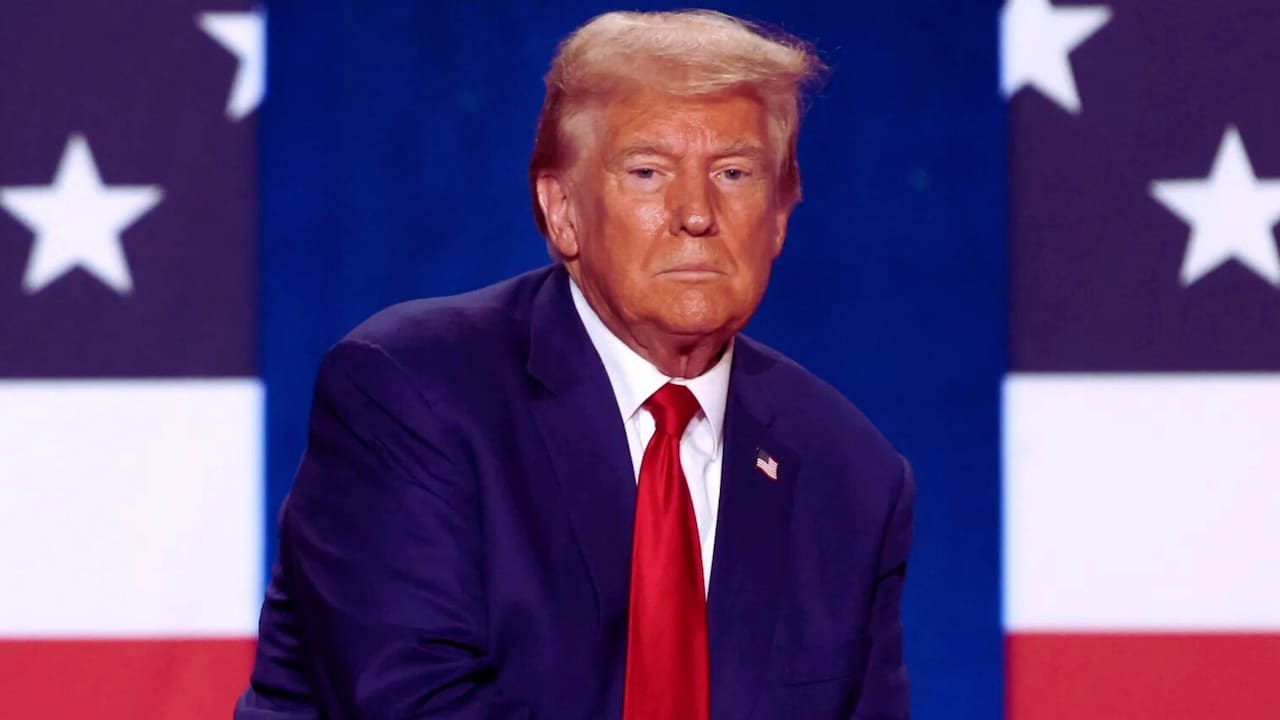Trump’s Transition Twist: Transparency Pledges Without Legal Binding
In a surprising move, President-elect Donald J. Trump’s transition team has rejected a standard agreement with the General Services Administration (GSA), raising questions about the team’s commitment to transparency. This decision has added an unexpected wrinkle to the transition process, typically governed by established laws and norms.
The Rejection and Its Implications
The Trump team’s refusal to sign the transition agreement with the GSA means they’ve forgone $7.2 million in government funds. While they’ve promised to disclose donor names and avoid foreign donations, these pledges aren’t legally binding without the GSA agreement. This move has sparked debate about the transparency of the transition process.
Transparency Promises vs. Legal Obligations
The transition team has made several promises:
- Disclosing donor names
- Rejecting foreign donations
- Releasing an ethics pledge
However, without the GSA agreement, there’s no legal requirement to follow through on these commitments. The team hasn’t specified when or how they’ll reveal donor information, nor have they committed to the usual $5,000 cap on individual donations.
White House Agreement and Security Concerns
While the Trump team has signed an agreement with the White House to begin formal briefings, they’ve refused to sign a Justice Department agreement. This refusal prevents the FBI from conducting security checks on transition staff. As a result, Biden administration officials can’t share classified information with many transition team members, potentially hampering the smooth power transfer.
Ethics Plan and Potential Conflicts
The transition team has published an ethics plan, which President Biden’s staff has accepted. However, this plan may not comply with the Presidential Transition Act. The act requires details on how the president-elect will address his conflicts of interest, which appear missing from Trump’s plan.
Comparison to the 2016 Transition
In contrast to the current situation, during his 2016 presidential transition, Trump signed the agreement with the GSA. That transition team had about 120 employees by inauguration and disclosed $6.5 million in raised funds, plus $2.4 million in federal reimbursements.
The Road Ahead
As the transition progresses, the lack of a GSA agreement and its implications for transparency and security clearances remain significant concerns. The coming weeks will reveal whether the Trump team’s unconventional approach will impact the smooth power transfer and the public’s trust in the process.
This unique situation underscores the importance of established norms and legal frameworks in ensuring a transparent and secure presidential transition. As the January 20 inauguration approaches, all eyes will be on how the Trump team navigates these self-imposed challenges while preparing to take the reins of government.
